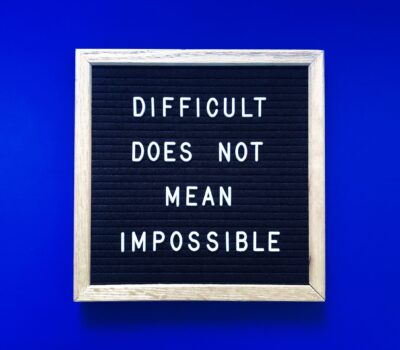Quitting drugs is exceedingly difficult and full of struggles and disappointments. Addiction can have an all-encompassing grip, making it very challenging for people to escape from it. Abstaining from drugs can be a physically and psychologically taxing process that frequently calls for assistance from professionals. The Harris House in St. Louis is one location that has been giving those seeking rehabilitation essential support. The Harris House has been a ray of light for people trying to beat drug addiction thanks to its thorough and kind approach to addiction treatment.
The physical dependence that results from continued drug use is one of the key factors contributing to one’s challenge of quitting drugs. Numerous substances, including opioids, benzodiazepines, and alcohol, can cause physical dependence and withdrawal symptoms when use is abruptly terminated. Severe withdrawal symptoms, such as tremors, nausea, vomiting, anxiety, sleeplessness, and even potentially fatal seizures, might occur. The intensity of withdrawal symptoms can be debilitating, and people may relapse in an effort to feel better. This physical reliance enhances the need for expert medical treatment and makes it extremely difficult to stop using drugs on one’s own.
Drug addiction is a complicated psychological and emotional disorder. The substance seizes control of the brain’s reward center, causing compulsive drug-seeking behaviors despite the drawbacks. People may have overwhelming cravings and urges to use drugs, and they may feel helpless to suppress these urges. Additionally, co-occurring mental health conditions like despair, anxiety, or trauma are frequently found in people with drug addiction, which makes it harder to stop using drugs. A thorough addiction treatment program needs to address these underlying psychological and emotional issues.
The social and environmental elements that can lead to drug use are yet another barrier to a drug-free life. Drug addiction frequently thrives in settings that support drug use, such as social networks that support substance misuse or housing arrangements that support drug use. These triggers can make it very difficult for people to stop using drugs since they may feel under pressure or be enticed to do so. Stress, mental anguish, or other difficulties in life can also cause drug cravings, which makes people turn to drugs as a coping technique. A supportive and organized atmosphere is necessary for overcoming these social and environmental factors.
Drug recovery is difficult because it requires that users face and resolve any underlying issues that may have contributed to their addiction in the first place. This could be unresolved trauma, mental distress, or other psychological problems that people may have been seeking to dull or escape from by abusing drugs. It can be emotionally taxing to address these underlying concerns, and it can require expert therapy interventions.
Making substantial lifestyle adjustments is frequently required to stop using drugs. This could entail breaking up relationships with people who use drugs, avoiding locations or circumstances linked to drug use, and creating a new support network that is supportive of recovery. These lifestyle adjustments can be difficult and call for a lot of dedication. The Harris House understands the significance of providing a secure and sober living environment, encouraging the development of healthy coping mechanisms, and teaching relapse prevention techniques to those in recovery.








